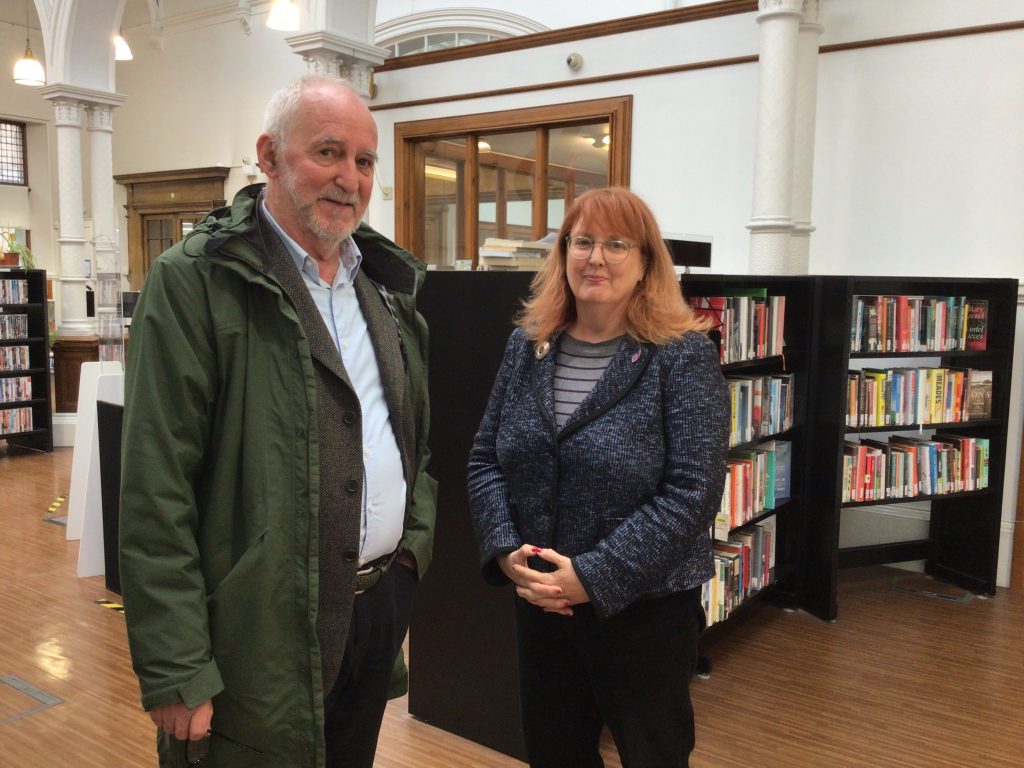David Petrie tells of the ongoing battle for fair treatment in Italy and Spain.
The 3 May 2023 edition cover of Panorama, owned by a former Berlusconi editor, carries the headline “An Italy without Italians”. It continues:
“From country ghettos in Puglia to the ‘French-style banlieues’ of Milan and Rome, where integration is now impossible amid degradation and crime. Beyond the controversy and “ethnic substitution,” reality wins out. Here is a map of a country where disorderly or illegal immigration has torn apart the social fabric.”
The Brexit referendum in 2016 forced the EU member states to acknowledge that the UK would end free movement of migrant workers from other EU member-states and put into place a points-based immigration system.
Of the four fundamental pillars of free movement – capital, services, goods, and people – the last has always been the most problematic. Unlike imported products moving into a memberstate, migrant workers are more likely to alter the social fabric of a member-state. This perceived threat may prove to influence voters, as it did through Brexit, to shift the political and legal order of the EU.
In the context of migrant teachers, Italy has the worst history of recalcitrant measures among member states. Italy has been found, in no fewer than six cases, to be in breach of single market rules that prohibit discrimination based on nationality. A further case is under the scrutiny of the European Commission which may lead to a seventh case to be adjudicated by the Luxembourg based Court of Justice of the European Union (CJEU), concerning the rights of migrant teachers working in Italy’s universities.
Since 9 February 1993, when 65 students and non-Italian lecturers petitioned then President Egon Klepsch, the European Parliament Committee on Petitions has been warning of the danger to the rule of law and the erosion of citizens’ rights to move freely within the EU, enjoying equal treatment. On 13 July 1995, the European Parliament passed a resolution in a human rights debate condemning abuses and mobbing in the University of Verona – the only educational establishment in Europe to have received such a censure.
One of the six cases heard by the CJEU invites comparison with that reported in the Gazette in April 2023 concerning the UK teacher in Spain, Serena Farr, who has had her applications for teaching posts deemed inadmissible on account of her being a non-EU citizen.

In the University of Verona an Englishman, a Scotsman, a Welshman and an Italian all applied for a teaching post (full disclosure – I was the Scotsman). Who got the job?
The Italian; she was the only candidate left standing. The faculty board on 14 April 1995 – despite the three British citizens teaching language and literature in the faculty – deemed their applications inadmissible.
This decision was challenged in the Regional Administrative Tribunal for Veneto, alleging illegitimate discrimination based on nationality in breach of EU single market rules. The Court suspended the proceedings and sent the case to Luxembourg to establish if the Italian provisions were in conflict with the EU treaty or if they were justified by objective considerations independent of the nationality of the workers concerned, and if the measures were proportionate to the legitimate aim pursued by the national law.
On 20 November 1997 the CJEU laid down the rules to be followed in the context of the factual situation and the Italian courts duly awarded damages to the three Britons. However, it took several further hearings and a full fifteen years before the compensation was paid.
In Spain Ms Serena Farr was allegedly refused access to jobs on the grounds that she was no longer a citizen of an EU member state. Post-Brexit, British workers applying to work in Spain may indeed be legitimately refused access to jobs, due to rule changes. This does not, however, apply to Ms Farr, who under the withdrawal agreement was, legally, a resident worker in Spain before British withdrawal from the EU came into effect.
Whereas the decision to block Ms Farr access to a teaching post is unlikely to be upheld in the Courts, it may not provide her with a just remedy. She is seeking fair and equal treatment with her Spanish colleagues – nothing more. If she has to wait 15 years to be awarded damages for illegitimate discrimination based on nationality, in the interim period, her career progression will be irredeemably damaged. Spanish jobs will be reserved for Spanish workers, and she will be less of a threat to the “ethnic substitution” highlighted by the fears expressed in the Italian Panorama magazine.





